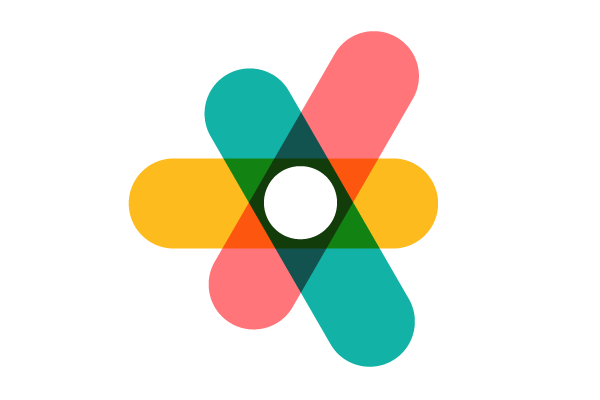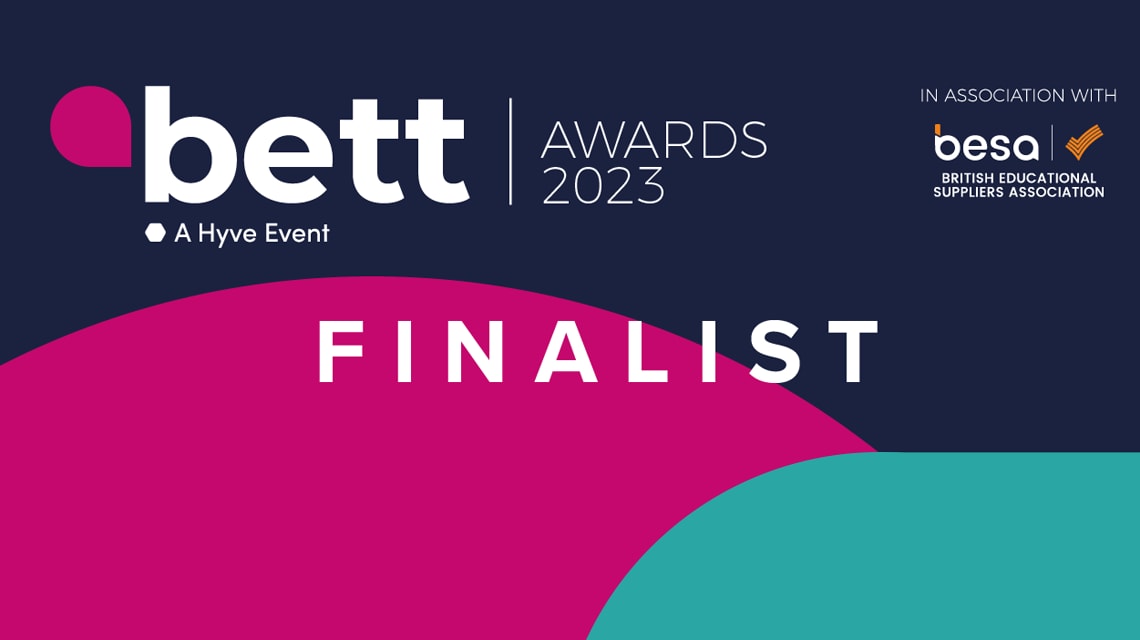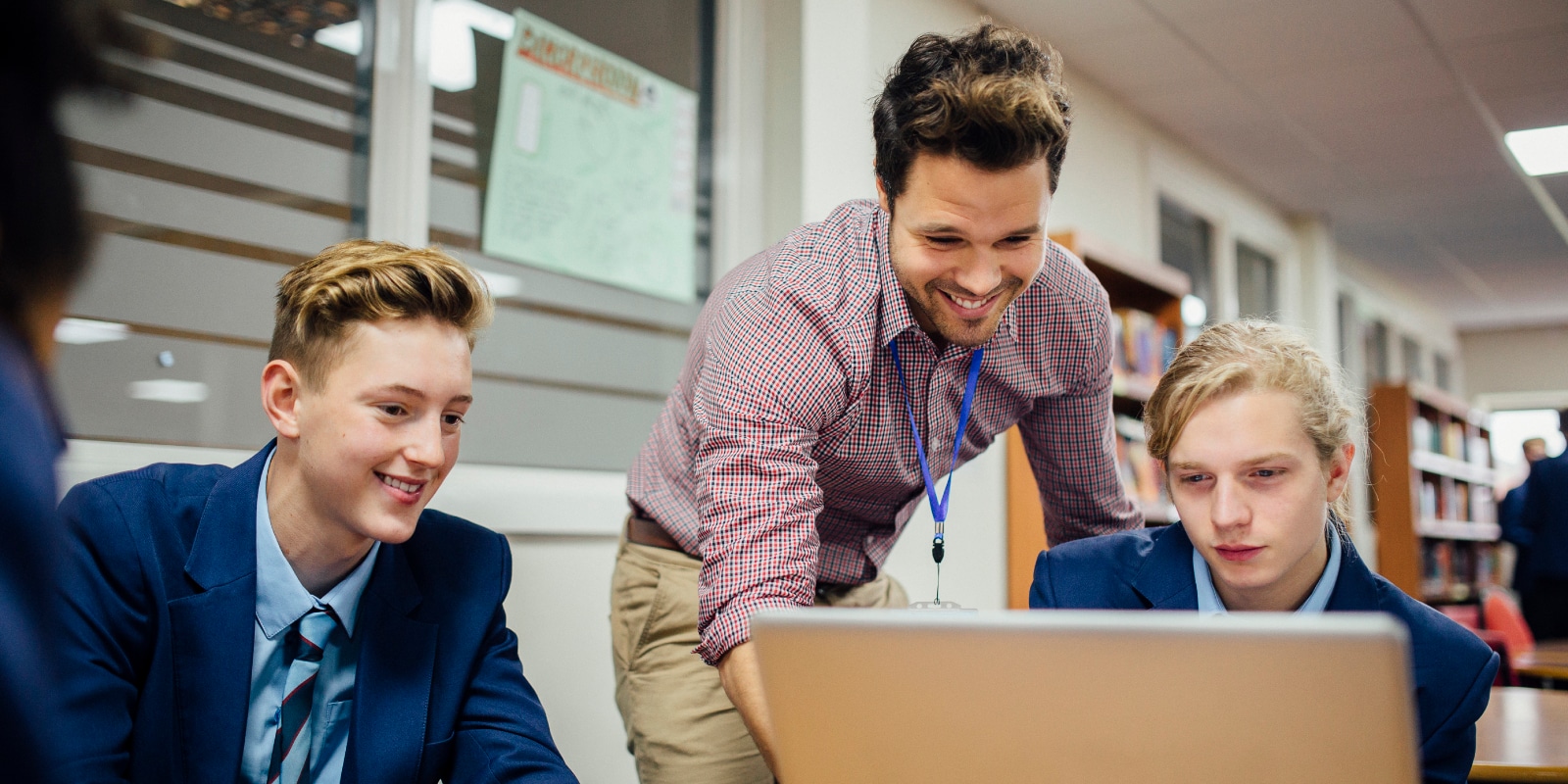Digital inequalities in secondary schools: how can they be overcome?
Les Hopper, Product Director at Pearson, explores the current extent of digital inequality in secondary schools and showcases what some staff are doing to mitigate its impacts.
We believe in the power of technology and innovation to enhance education.
Driven by collaboration and evidence, we can harness digital tools to empower the whole school community and shape impactful and inclusive teaching, learning and assessment experiences.
Learn more about the work we're doing with educators, young people and experts to drive new innovations, inspire digital confidence, unlock new opportunities and make a tangible impact in schools.

Our brand-new research with Cebr outlines how investment in digital transformation for state-funded UK schools could make a difference to the future of education and our economy.

As technology evolves, exams should too, so we’re already making onscreen assessment a reality. Onscreen exams mean more than switching from paper to a device. They offer students another way to best show what they know and can do.

Identify and bridge learning gaps at school, class and learner level with ActiveHub. Using interconnected assessments, data-driven insights and resources, this powerful digital learning platform helps trusts, school leaders, teachers and learners get a better view of their progression needs.

Generative AI brings into focus the importance of the most human skills, such as creativity and critical thinking.
Find out more about how we’re thinking about the impact of GenAI and AI literacy in education.

We’re committed to helping teachers, students and families make the most of learning – whenever and wherever it happens. Our online, remote and blended learning hub is available all year round and contains free support and guidance in one place.
Discover our online teaching and learning support hub

We partnered up with Headteacher Update and SecEd to explore what lies ahead for edtech – from best practice and personalised learning to closing the digital divide.

#PearsonDigitalLive, we joined educators and industry experts to reflect on a year of digital transformation and what's next for EdTech – from practical ideas and discussions to support blended teaching and learning, to exploring the latest innovations.

Since 2022, our reports have showcased educator and student views that have fuelled conversations from playgrounds to the Houses of Parliament. Now in its third year, the 2024 report will bring together over 12,000 teacher, student and sector voices.

Our brand-new research with Cebr outlines how investment in digital transformation for state-funded UK schools could make a difference to the future of education and our economy.

Hear from Pearson and schools on our experiences of delivering onscreen exams in summer 2022 and recommendations on what’s next.

Our report poses some of the big questions ahead for the sector: how do we facilitate change? What are the big opportunities? And what are the barriers?

Alongside Persona Education and 200 GCSE resit students, we’re exploring effectively life skills can be developed and recognised using digital badges.
Our work with schools across the globe has led to us becoming a BETT Awards 2023 finalist for: Transformational Impact – with our onscreen assessment pilot and Collaboration with a School – for our new Mocks Moderation Service with Greenshaw Learning Trust.


Les Hopper, Product Director at Pearson, explores the current extent of digital inequality in secondary schools and showcases what some staff are doing to mitigate its impacts.
By Les Hopper
The ease, accessibility and potential of digital learning is inspiring an ever-growing community of educators.
According to Pearson’s research, more than a quarter of teachers (26%) believe that the shift to online learning during the pandemic led to increased creativity in lesson delivery or content. We asked three Pearson National Teaching Award Winners to share what this looked like for them, and how edtech has impacted their long-term visions for teaching.
Denbigh High School’s Emma Darcy (Digital Innovator of the Year – Gold Winner at the Pearson National Teaching Awards) and Pearson’s Les Hopper outline five steps to support a successful digital offering for pupils, staff and schools as a whole.

